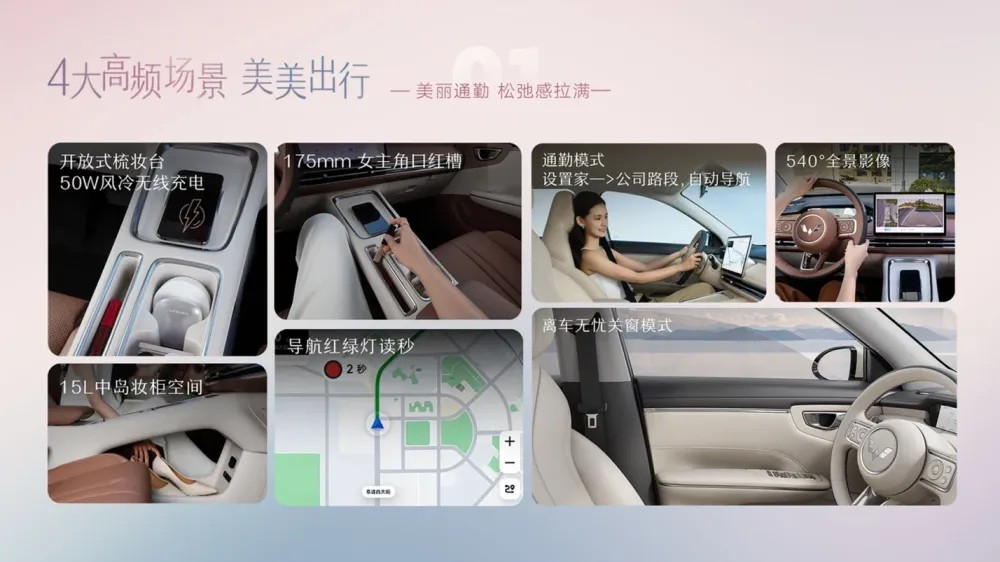A long-range electric car for under 800,000 rubles: Wuling Bingo S lands in Russia
In a move that could reshape affordability in electric mobility, Chinese automaker Wuling has unveiled the Bingo S as a long-range electric car priced under 800,000 rubles. The price tag is startling in a market where electric vehicles have often carried a heavier premium. The announcement suggests that accessible, practical EVs may finally reach price-conscious buyers. If real, this could redefine what 'affordable' means in the Russian EV space and beyond.
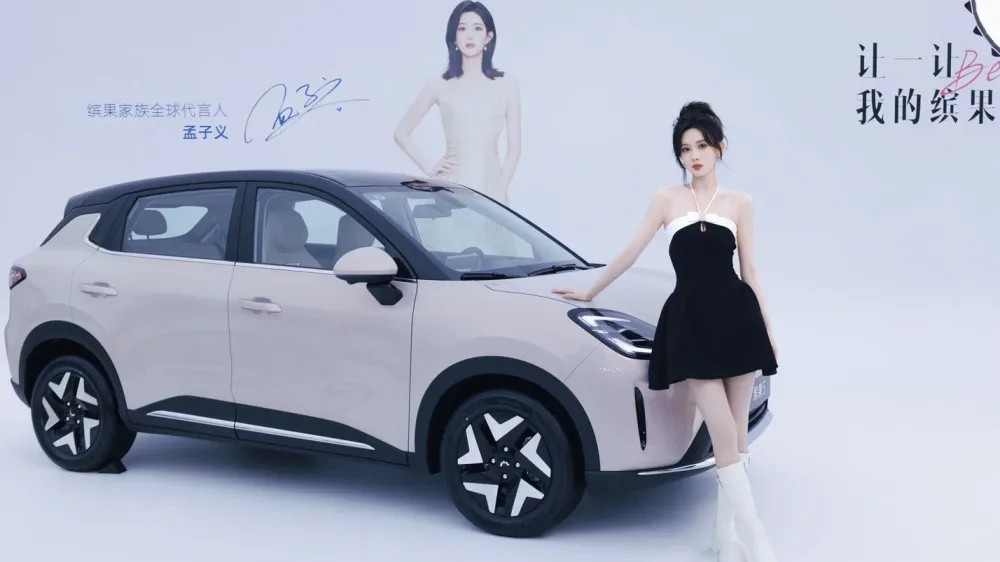
In This Article:
The 'long-range' claim and what it could mean
The Bingo S is pitched as a long-range electric vehicle, a label that evokes longer trips between charges and fewer stops on the road. If the range claim holds at scale, it would challenge the trade-offs buyers commonly accept in budget EVs—giving buyers more mileage for the money. However, price leaders at this level often balance cost with compromises: battery design, charging speed, interior features, and after-sales support still need to be clarified.
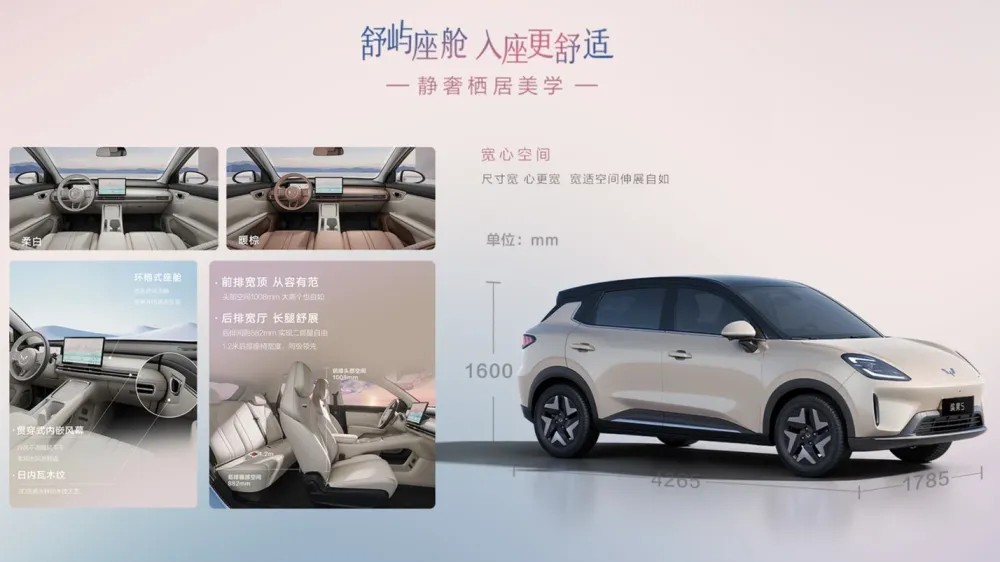
What buyers stand to gain (and what they might sacrifice)
A lower upfront cost, reduced running costs, and access to modern EV technology could make everyday electric driving more attainable. On the flip side, buyers may face a smaller interior, fewer comfort features, and uncertain long-term reliability until real-world testing proves otherwise. Early performance assessments and owner reports will determine whether the Bingo S delivers the promised value.
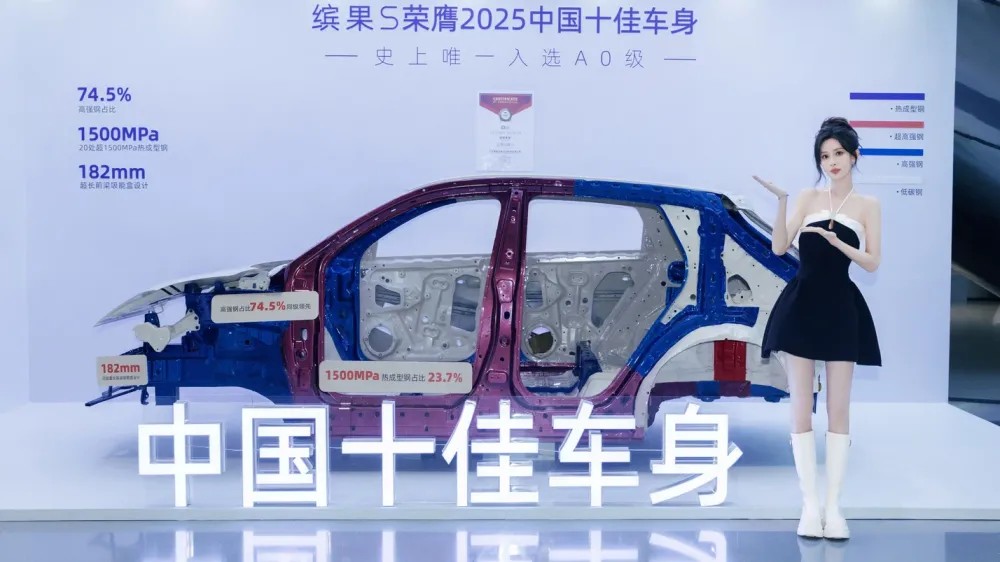
Why this matters beyond a showroom
The price point marks a broader shift toward mass-market EVs, pressuring rivals to rethink pricing, value, and total cost of ownership. In Russia and other price-sensitive markets, factors like import duties, subsidies, and service networks will shape actual ownership costs. Should the Bingo S prove compelling in real life, it could accelerate the transition to electric driving and recalibrate consumer expectations of what 'affordable' EV ownership looks like.
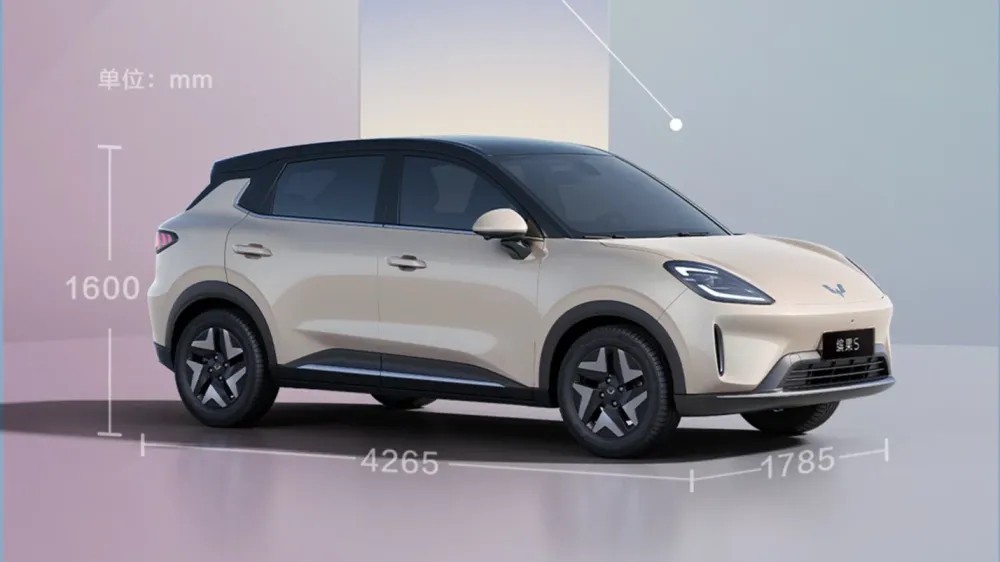
What to watch next
As the car approaches showrooms, buyers will want clarity on availability, warranty terms, and after-sales support. Official import status, any local assembly, and the breadth of a service network will determine long-term viability. Early reviews and customer feedback will reveal whether the bold price matches real-world performance and reliability.
